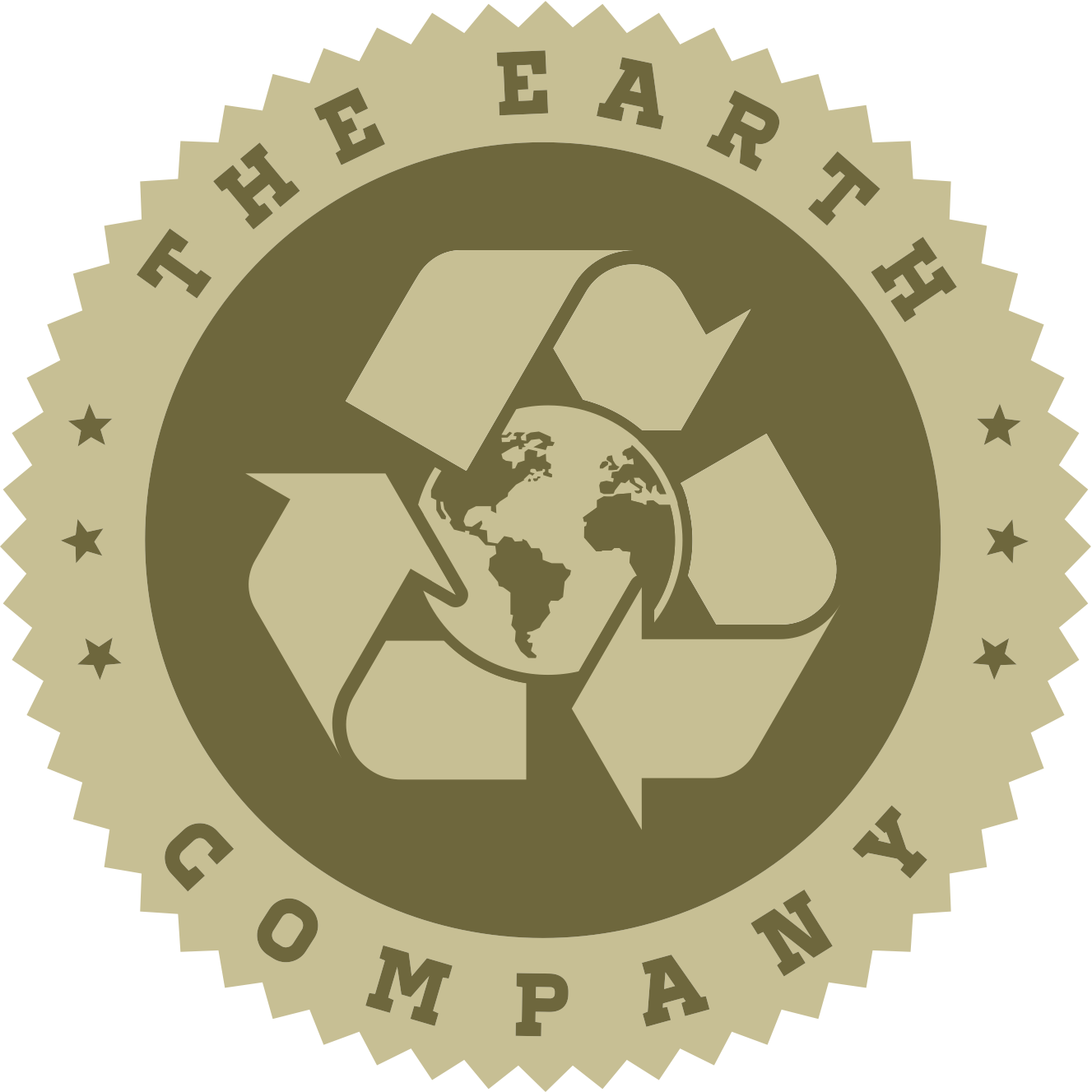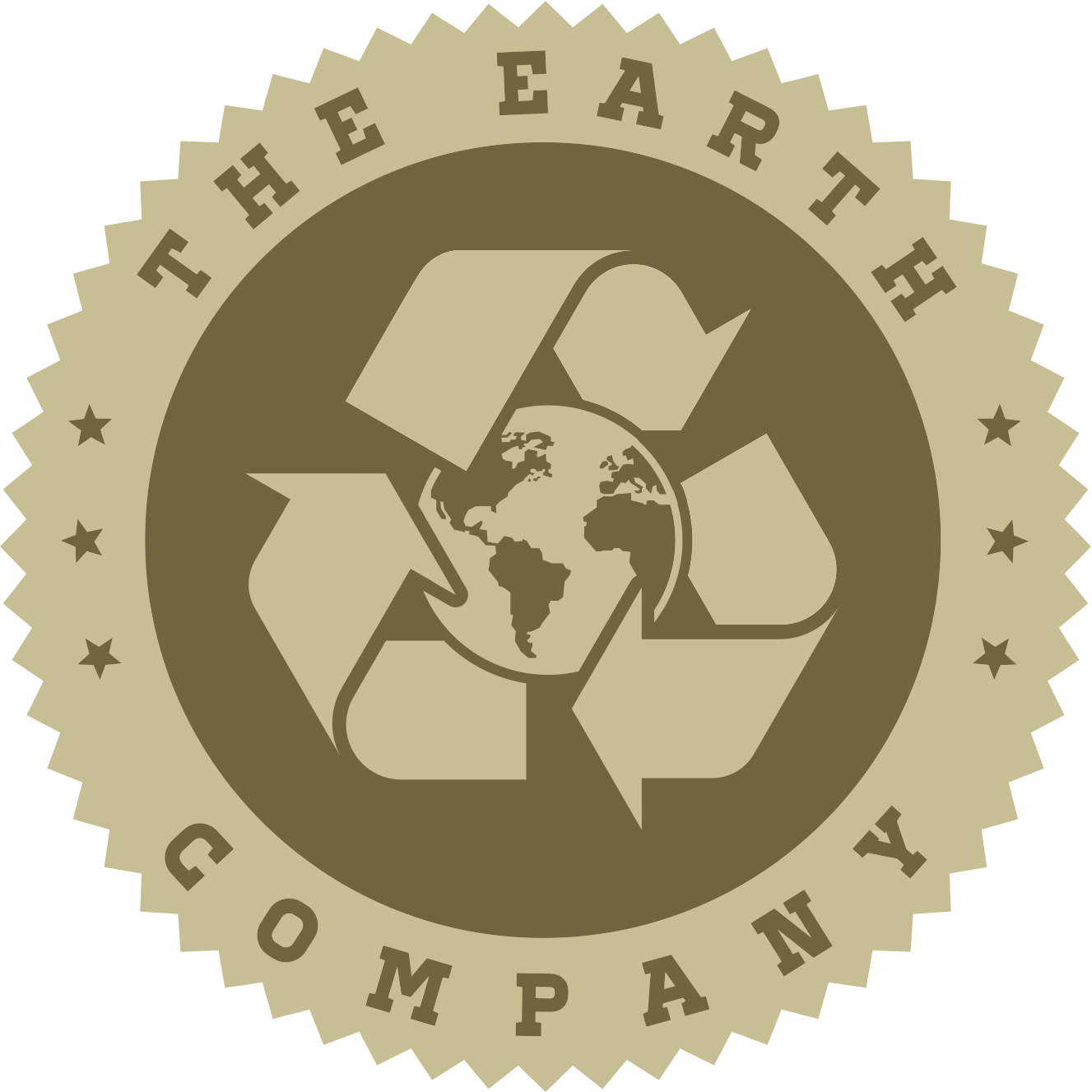
Even many avid recyclers often have only a cursory understanding of the finer aspects of the recycling process. Often times, they’ve never had the occasion to wonder about what happens to all of those recycled items after they are properly recovered. Sure, we hear vague tales about how paper gets recycled into paper, and how cans can be turned into new cans. But where does it all go? And what happens to all of those other materials?
As we mentioned, paper is among the most recycled items in the country. However, if you think that your recycled paper all ends up being dealt with in the United States, think again. In reality, almost all of it ends up getting shipped to the Far East, specifically China. It turns out that China has a voracious demand for paper, due to its lack of trees. As a result, they’re always hungry for more used paper.
Glass recycling involves grinding it down so that it can be reused to manufacture new bottles or other glass containers. Some of it also gets sent to India and China. There it is used in place of sand for construction purposes.
Aluminum cans head south where most of the nation’s big can manufacturers are based. Once there, they are super-heated to cleanse them, and then refashioned into new aluminum cans. To get an idea of just how efficient that process is, consider this: there’s a 75% chance that the aluminum can you’re drinking today is composed of aluminum that has been in use in one form or another since the late 1800s.
Plastic is asomewhat more flexible material when it comes to recycling. The plastic can be shredded into flakes so that it can be sold to companies that make containers and other plastic products. Other plastic containers end up being turned into resin that can be used to make yarn and manufacture everything from shirts to insulation and seat covers.
Steel and other metals are very high on the recycled list as well, and can be melted down and reformed into any metal product imaginable. That’s why appliance recovery is so important – well, that and the fact that you don’t want chemicals like Freon sitting in landfills or back alleys where they can pollute the environment.
The tale each recycled item could tell if it only had the voice to speak would almost certainly be riveting for the listener. These materials often end up journeying to the far ends of the world in their quest to remain useful to mankind. Once you recognize that, it becomes even more difficult to simply ignore those hundreds of millions of tons sitting in our landfills.
At the Earth Company, we’re not ignoring the issue at all. Our commitment to providing customers with the best recycled products on the market today is just one small part of our strategy for working toward sustainable living and better management of our precious planet and its resources. We’re proud to stand side by side with concerned people just like you!



